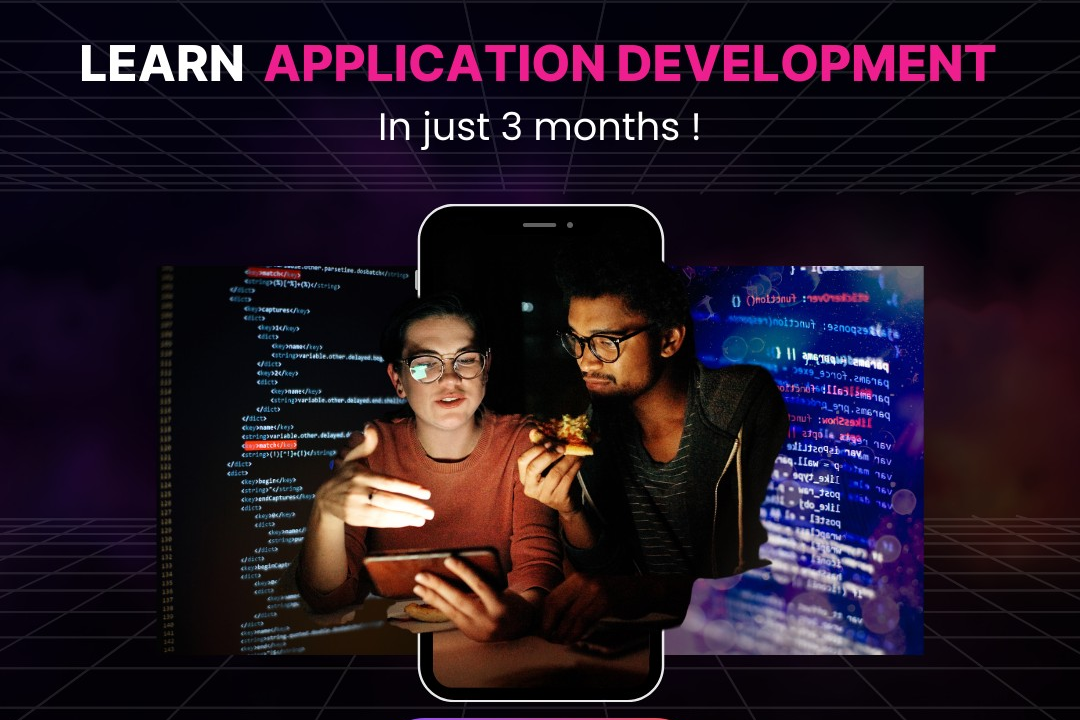Android Programming Training
Mastering Android Development: A Comprehensive Training Program
Android Programming Training
Android programming training equips individuals with the skills needed to develop applications for Android devices using the powerful Android SDK (Software Development Kit). This training typically covers foundational topics such as Java or Kotlin programming languages, Android architecture, user interface design, and app lifecycle management. Participants learn to create interactive, responsive applications by utilizing tools like Android Studio, and they gain hands-on experience through practical projects that help reinforce their learning. Additionally, the training often includes best practices for app development, debugging techniques, and deployment to the Google Play Store, preparing learners for careers in mobile app development or enhancing their existing programming skill set.
To Download Our Brochure: https://www.justacademy.co/download-brochure-for-free
Message us for more information: +91 9987184296
1 - Introduction to Android Development: Provide an overview of Android, its architecture, and how it has evolved, giving students a solid foundation for their learning journey.
2) Setting Up the Development Environment: Guide students through installing Android Studio and other necessary tools, including the Java Development Kit (JDK) and Android SDK.
3) Understanding Android Applications: Describe the fundamental components of Android apps such as Activities, Services, Content Providers, and Broadcast Receivers, and their roles within an application.
4) Java/Kotlin Programming Basics: Teach the basics of Java and/or Kotlin programming languages, including syntax, data types, control structures, and object oriented programming concepts essential for Android development.
5) User Interface Design: Focus on designing user interfaces using XML layouts, view groups, and various UI components like buttons, text fields, and image views, along with best practices in UX/UI design.
6) Layout Management: Explain different layout managers (LinearLayout, RelativeLayout, ConstraintLayout) and how to properly structure a UI for various screen sizes and orientations.
7) Handling User Input: Demonstrate how to capture and process user input via touch events, gestures, and input forms, providing practical exercises for hands on experience.
8) Data Storage Options: Cover methods for data storage, including SharedPreferences, SQLite databases, and file storage, showing students how to manage and persist data in their apps.
9) Networking and APIs: Teach how to connect to the internet, make HTTP requests, and consume RESTful APIs using libraries like Retrofit and Volley to retrieve and send data.
10) Working with Multimedia: Introduce handling images, audio, video, and camera functionalities, enabling students to create more dynamic and engaging applications.
11) Background Processing: Explain how to perform background tasks using AsyncTask, Services, and WorkManager, emphasizing efficiency and best practices to avoid blocking the main UI thread.
12) Location Services: Provide insights into using GPS and geolocation services to build location aware applications, including how to access and display user location.
13) Debugging and Testing: Teach debugging techniques, unit testing, and the importance of automated testing in maintaining code quality and ensuring application reliability.
14) Publishing Apps: Walk students through the process of preparing their applications for the Google Play Store, including signing APKs, configuring app settings, and understanding app monetization strategies.
15) Real World Project Development: Encourage students to apply what they’ve learned by developing a complete, real world application, culminating in presentations and peer reviews to showcase their work.
16) Best Practices and Patterns: Discuss best coding practices, design patterns like MVP and MVVM, and maintaining clean, scalable code to improve collaboration and future development.
17) Career Guidance and Industry Trends: Provide insights into career paths in Android development, resume building, interview tips, and current trends in the industry to prepare students for the job market.
18) Community and Resources: Encourage students to engage with the Android development community and provide resources, online forums, and documentation to continue their learning beyond the program.
This comprehensive outline ensures a thorough training program, enabling students to develop proficiency in Android programming through structured learning and practical application.
Browse our course links : https://www.justacademy.co/all-courses
To Join our FREE DEMO Session: Click Here
Contact Us for more info:
iOS training in Kurnool
Machine Learning with Data Science
online project management courses uk
iOS Training in Tikamgarh
Sales force training certification











